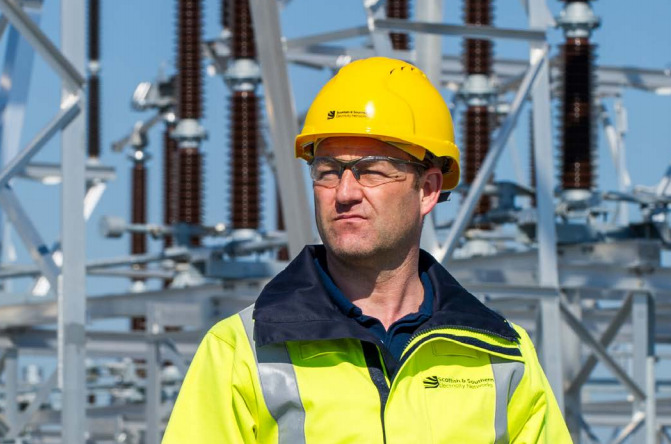The UK’s distribution network operators (DNOs) are broadly hitting output targets established by Ofgem, but the regulator has issued yet another warning that the next set of controls stand to be much tougher.
This morning Ofgem published its latest set of annual reports for the Revenue = Incentives + Innovation + Outputs (RIIO) framework, detailing how both DNOs and network operators had performed against targets across certain categories.
While the regulator found that all DNOs had met their respective targets covering reliability and availability, environment, customer service, social obligations and safety, Ofgem picked a number of DNOs up on various issues new customers had with connecting.
Northern Powergrid, UK Power Networks, SP Energy Networks and Scotland & Southern Energy Network’s Scottish arm all missed time-to-connect (TTC) targets in the reporting period, indicating a prevalent problem in connecting new customers to distribution networks which Ofgem will expect to be resolved.
Meanwhile spending under RIIO in the forthcoming delivery year is expected to reach £25.4 billion, 5% lower than the allowance, owing to a falling need for reinforcement works than previously expected.
This underspend is to be passed back to consumers by means of reduced network costs added to bills, meaning that the average network cost element is expected to fall by around £3 year-on-year.
David Smith, chief executive at the Energy Networks Association, said the report was “proof” that network companies are delivering for households, businesses and communities and the price control system is working, and working well.
“As our energy market goes through some of the biggest changes it has faced since it was first set-up, these reports make clear how network companies’ are building on their track record of performance, affordability, investment and innovation to help deliver that change.
“We’re pleased that Ofgem recognises the hard work and strong performance made by all network companies and we look forward to working with them to deliver continued strong performance across the current price control period and into the next,” he said.
Transmission system operators meanwhile met all of their output targets and are forecast to do so by as much as 12% cheaper than forecast, with National Grid’s TSO arm achieving particularly large savings – more than £1 billion – through re-scheduling of works and changes to its strategy.
Writing in a blog for Ofgem this morning Kersti Berge, partner for electricity transmission at Ofgem, said that by and large, network companies were “delivering well for customers”.
She did, however, reiterate Ofgem’s long-standing warning that the next set of RIIO controls, which are to come into force from 2023, will be far stricter than the current set.
“We have made it clear to energy companies and investors that the next set of price controls will be tougher. Evidence from monitoring of financial markets points towards cost of capital and returns being lower from 2021 onwards, so the companies must prepare for earning lower returns.
“We will talk more about our plans for tougher price controls early next year. The networks provide an essential service and customers need to be confident they are paying a fair price for it. It is in companies’ interests to work with us to achieve that,” she wrote.
Berge’s comments come just weeks after Ofgem’s head of networks Jonathan Brearley addressed representatives from network companies and the wider industry at the recent LCNI conference and said returns would be “tighter than they have been from 2021 onwards”.






